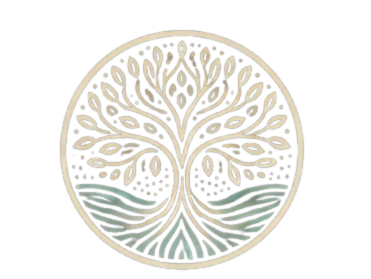National Doula Forum
Doulas have been attending births in hospitals in Hungary since 2001. Over the past nearly 20 years, this supportive profession has become well established, with hundreds of doulas now practicing in Budapest and rural areas, assisting families in both hospital and home birth settings.
Doulas acquire their competencies through various training programs and practice independently or as part of organized doula groups, adhering to their operational guidelines and ethical codes. While this diversity brings many advantages, it also presents challenges that doulas themselves recognize.
The First National Doula Meeting was organized to address these challenges and establish a unified ethical framework that all doulas—regardless of their specific training or work setting—could embrace. Experience in recent years has highlighted that the perception of doulas within the healthcare system is often generalized, leading to misunderstandings. This is partly due to the broad spectrum of doula philosophies, training levels, and communication styles. At the same time, such generalization—especially when negative—creates significant difficulties for doulas who work within their professional competencies and adhere to international doula ethics standards.
Many doulas consider it essential to develop a quality assurance system that fosters a cooperative, respectful partnership with obstetricians and midwives while also providing greater transparency regarding the scope of doula work.
In modern, family-centered maternity care, continuous, individualized physical, emotional, and informational support is a fundamental pillar. As more expectant parents seek such support, the need to formalize these efforts has become increasingly pressing.
Key goals established at the first national doula meeting:
1. Alongside defining the term „doula,” the need emerged to differentiate doulas based on their training and competencies. Some doulas have not undergone formal training but have become birth companions through their personal birth experiences, which aligns with the original meaning of the word „doula.” However, many others complete rigorous self-awareness and training programs lasting up to two years, with examinations at the end, while some hold complementary certifications such as aromatherapy, prenatal massage, or parent-infant counseling. These trained professionals do not consider themselves lay helpers and express the need for a distinct designation, such as „trained birth companion.”
2. In alignment with definitions set by international organizations, we discussed the scope and limitations of doula competencies.
3. We consider it crucial to develop a unified ethical code that sets clear professional standards.
4. It would be beneficial if doulas who commit to this ethical code could operate under a national umbrella organization, which would also serve as an advocacy body for their professional interests.
5. We proposed the need for standardized doula training programs to ensure consistency in knowledge and practice.
6. We expressed our desire to participate in volunteer programs within maternity wards, offering support not only to laboring parents but also to healthcare professionals working in maternity care.
7. We emphasized the necessity of legislative amendments to ensure that birthing women can have one or more support persons of their choice present during labor and delivery.
8. We seek to encourage feedback from parents, obstetricians, and midwives regarding doula support to facilitate professional growth and transparency.
9. We aim to initiate more dialogue with healthcare professionals, including doctors, midwives, postpartum nurses, and health visitors, as well as with the heads of maternity departments.
10. We plan to establish cooperation agreements with hospital maternity units to integrate doula support more effectively into maternal healthcare.
11. To ensure quality assurance, we propose introducing a registered doula ID with a photo for professional identification.
12. We recognize the importance of educational outreach through various communication channels to provide clear and accurate information about doula work to both parents and healthcare providers.
13. To maintain ongoing dialogue among doulas and advance our collective goals, we find it necessary to hold two National Doula Meetings annually. Accordingly, the Second National Doula Meeting is planned for the first half of 2020.
Date of the First National Doula Meeting: November 9, 2019
Venue: MagNet Community House, Budapest, VI. Andrássy u. 98. 98.
Organizer: Békés Doula Circle
Supporter: Ministry of Human Resources, Hungary
Number of Participants: 84 doulas
